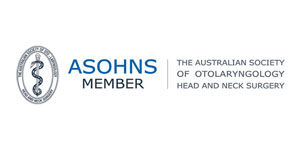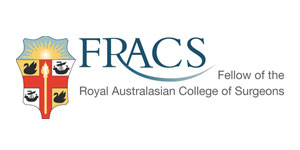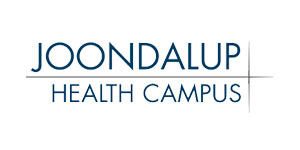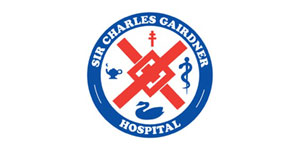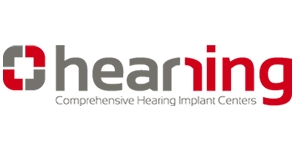Post Op Laryngoscopy/Vocal Cord Biopsy
Before surgery:
- Do not rest your voice. It is easier for the surgeon to detect any pathology if you have not rested your voice
- Plan your schedule to that you won’t have to talk after surgery
- Change your voicemail message
- Cancel any engagements that require talking
- Pre-operative speech pathology therapy may be recommended to provide education on voice care to instruct post-operative voice exercises
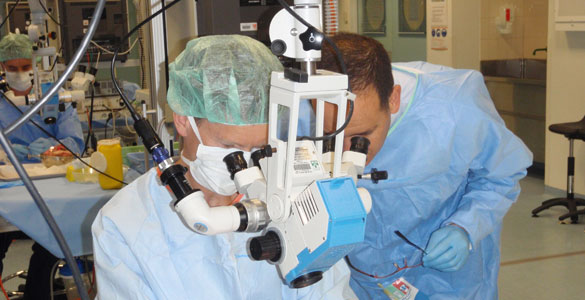

After surgery: day 1-3
- Do not speak at all for three days (unless otherwise specified by your surgeon)
- Use an ipad, text messging, email or pen and paper to communicate
- Do not whisper at all (this can actually cause more damage)
- Do not sing or hum
- Do not cough or throat clear unless necessary
- Drink large amount of water (2L per day)
- Reduce intake of caffeine (e.g coffee, tea, cola drinks) – ALCOHOL/SMOKING/USE HUMIDIFIER
- Avoid menthol lozenges
After surgery: day 4
- Your speech pathologist will recommend gentle voice stretching exercises to commence from Day 4 to aid in wound healing
- Commence gentle talking up to 5 minutes per hour
- Gradually increase the amount you talk over the next few weeks to your usual level unless otherwise advised
- Stop voice use with the sensation of fatigue or pain
- Further Speech Pathology therapy may be recommended for a period post surgically to ensure ongoing maintenance of your voice.
- Call Dr Friedland’s rooms if you:
- Develop a persistent cough or fever
- If you experience any bleeding or difficulty breathing.
If you have severe symptoms, proceed to the nearest emergency room IMMEDIATELY.
- Continue to take your regular prescription medications unless otherwise instructed by Dr Friedland.

